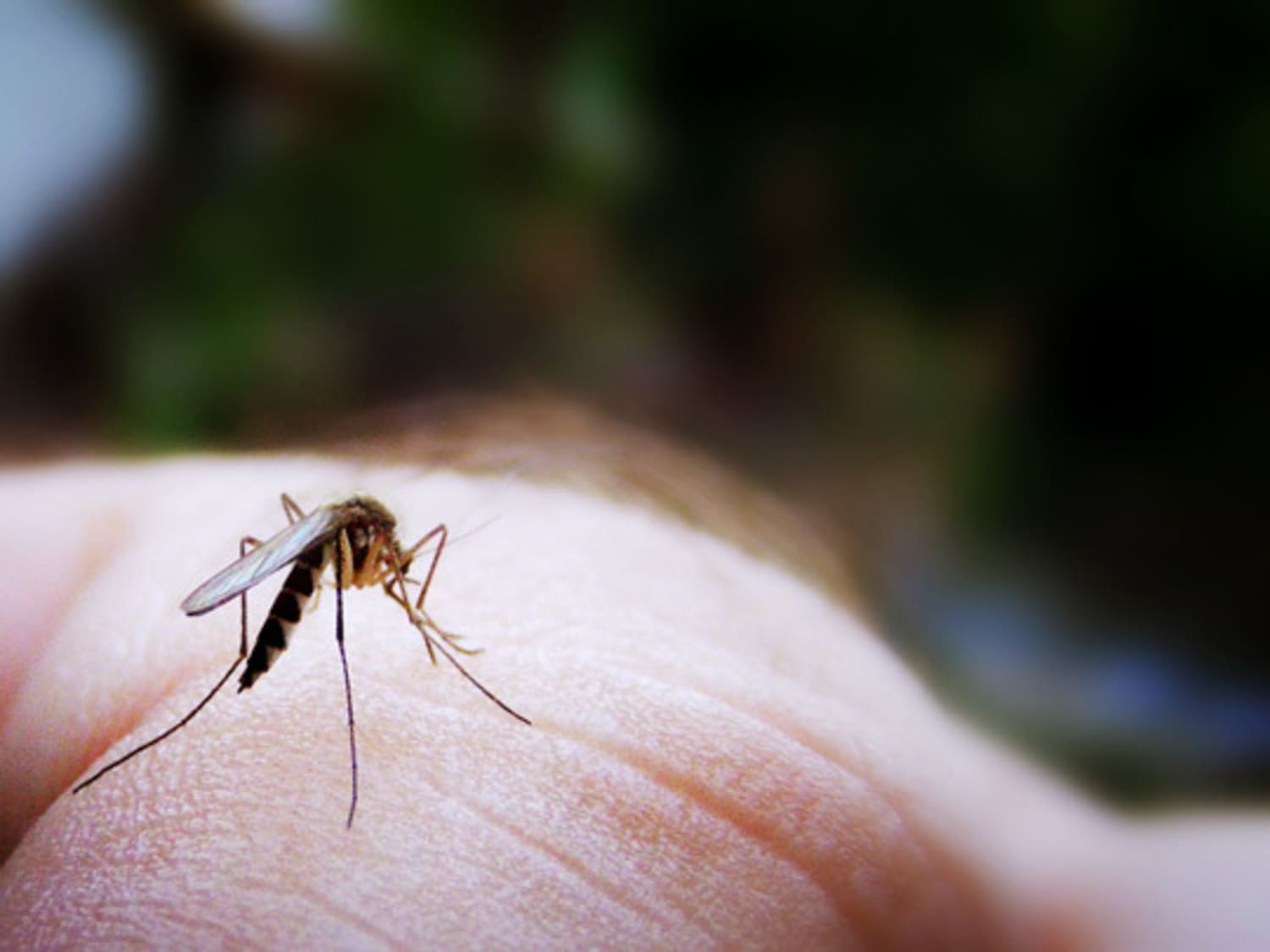If you’re seeking advice from the Mosquito Company Near Me, one of the methods they might recommend is using repellents. These products are designed to keep mosquitoes at bay and reduce the risk of bites. Understanding how repellents work and how to use them effectively can make a significant difference in your comfort and safety, especially during peak mosquito season.
Types of Mosquito Repellents
Repellents come in various forms, each offering different levels of protection and convenience. Here’s a look at the main types available:
Chemical Repellents
Chemical repellents are formulated with active ingredients that interfere with mosquitoes’ ability to detect humans. Some of the most common chemical repellents include:
- DEET (N,N-Diethyl-meta-toluamide): DEET is one of the most widely used and effective mosquito repellents. It works by masking the scents that attract mosquitoes, such as body odor and carbon dioxide. DEET provides long-lasting protection and is effective against a wide range of mosquito species.
- Picaridin: Picaridin is another effective repellent that works similarly to DEET by blocking mosquito sensory receptors. It is less oily and has a milder odor compared to DEET. Picaridin is also effective against various insect species.
- IR3535: This compound is often found in personal insect repellents and is known for its safety profile. It repels mosquitoes and other insects by interfering with their ability to locate hosts.
Natural Repellents
Natural repellents are made from plant-based ingredients and are often preferred by those looking for less synthetic options. Common natural repellents include:
- Citronella: Extracted from lemongrass, citronella is a well-known mosquito repellent. It is often used in candles and sprays. While it can be effective, its protection tends to be shorter-lasting compared to chemical repellents.
- Eucalyptus Oil: Lemon eucalyptus oil is another natural option that offers good mosquito protection. It contains a compound called PMD, which has been shown to be as effective as DEET in some studies.
- Neem Oil: Neem oil has insect-repelling properties and is sometimes used in combination with other natural repellents. It works by disrupting mosquito feeding behavior.
Physical Barriers
Physical barriers are not repellents per se but can be used alongside repellents for added protection:
- Mosquito Nets: Using mosquito nets over beds or in sleeping areas can help prevent bites while sleeping. Nets treated with insecticides offer additional protection.
- Protective Clothing: Wearing long sleeves, pants, and socks can reduce the amount of exposed skin, minimizing the risk of mosquito bites.
How to Use Repellents Effectively
For repellents to be effective, proper application and usage are essential. Here are some tips to get the most out of your repellent:
- Apply Generously: Apply the repellent evenly on all exposed skin and clothing. Be sure to follow the product instructions for the recommended amount.
- Reapply as Needed: Repellents lose effectiveness over time, especially if you are sweating or swimming. Reapply according to the product instructions or more frequently if necessary.
- Avoid Sensitive Areas: Avoid applying repellent near the eyes, mouth, and open wounds. If using on children, follow specific guidelines for their age and avoid applying directly to their hands, face, and other sensitive areas.
- Combine Methods: For enhanced protection, use repellents in conjunction with other preventive measures, such as wearing protective clothing and using mosquito nets.
Choosing the Right Repellent
When selecting a repellent, consider the following factors:
- Duration of Protection: Choose a repellent based on how long you need protection. Some products offer several hours of coverage, while others may need to be reapplied more frequently.
- Activity Level: If you’re engaged in activities that cause heavy sweating or if you’ll be in and out of water, opt for a water-resistant repellent that maintains its effectiveness under these conditions.
- Sensitivity and Preferences: Consider any skin sensitivities or allergies when selecting a repellent. Natural options might be preferable for those with sensitive skin or who prefer fewer synthetic ingredients.
Conclusion
Repellents are a key tool in protecting yourself from mosquito bites and the diseases they may carry. By understanding the different types of repellents, how they work, and how to use them properly, you can choose the best option for your needs and ensure effective protection. Combining repellents with other preventive measures, such as wearing appropriate clothing and using mosquito nets, will help you stay comfortable and safe from mosquito bites.



